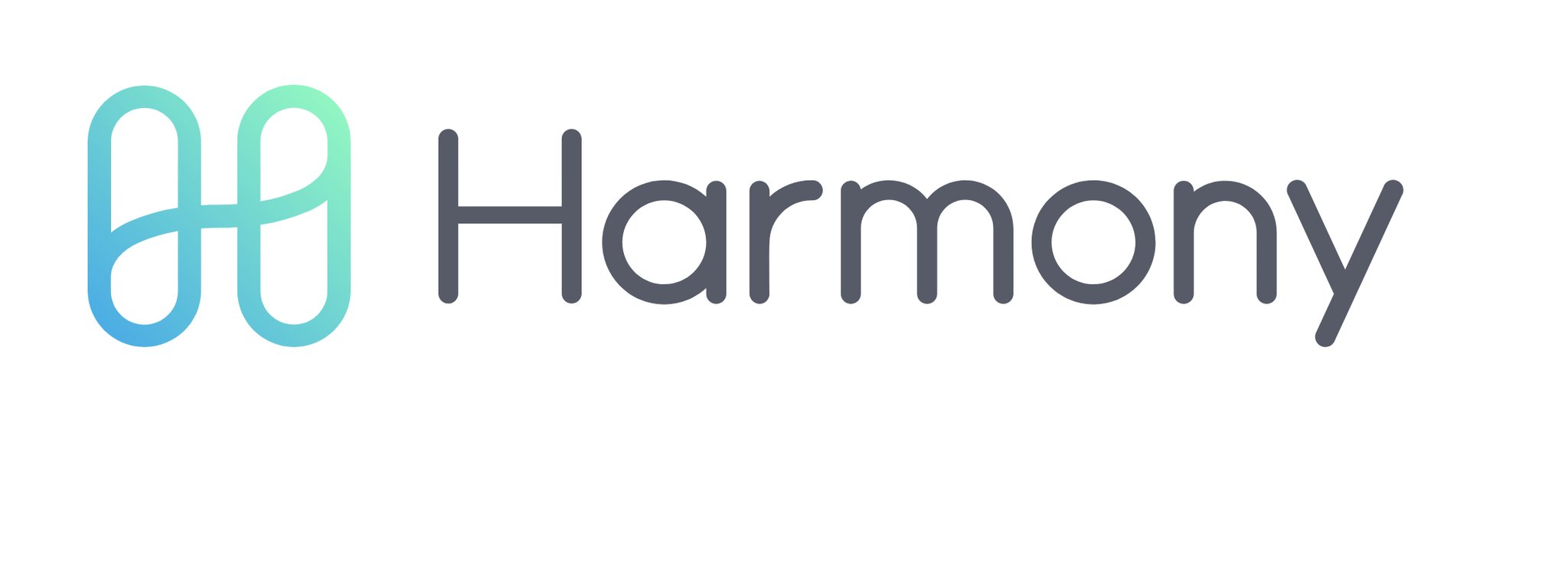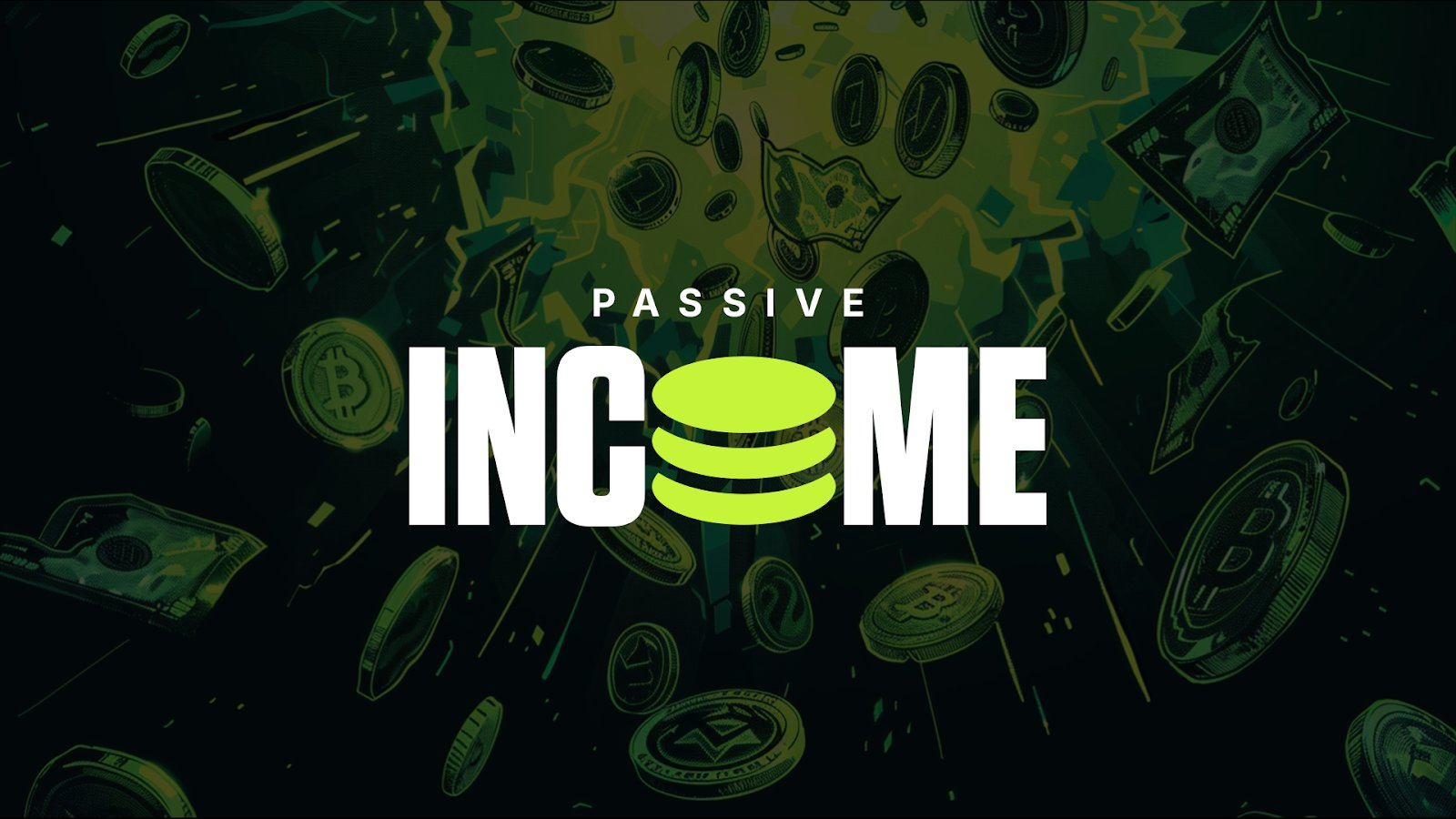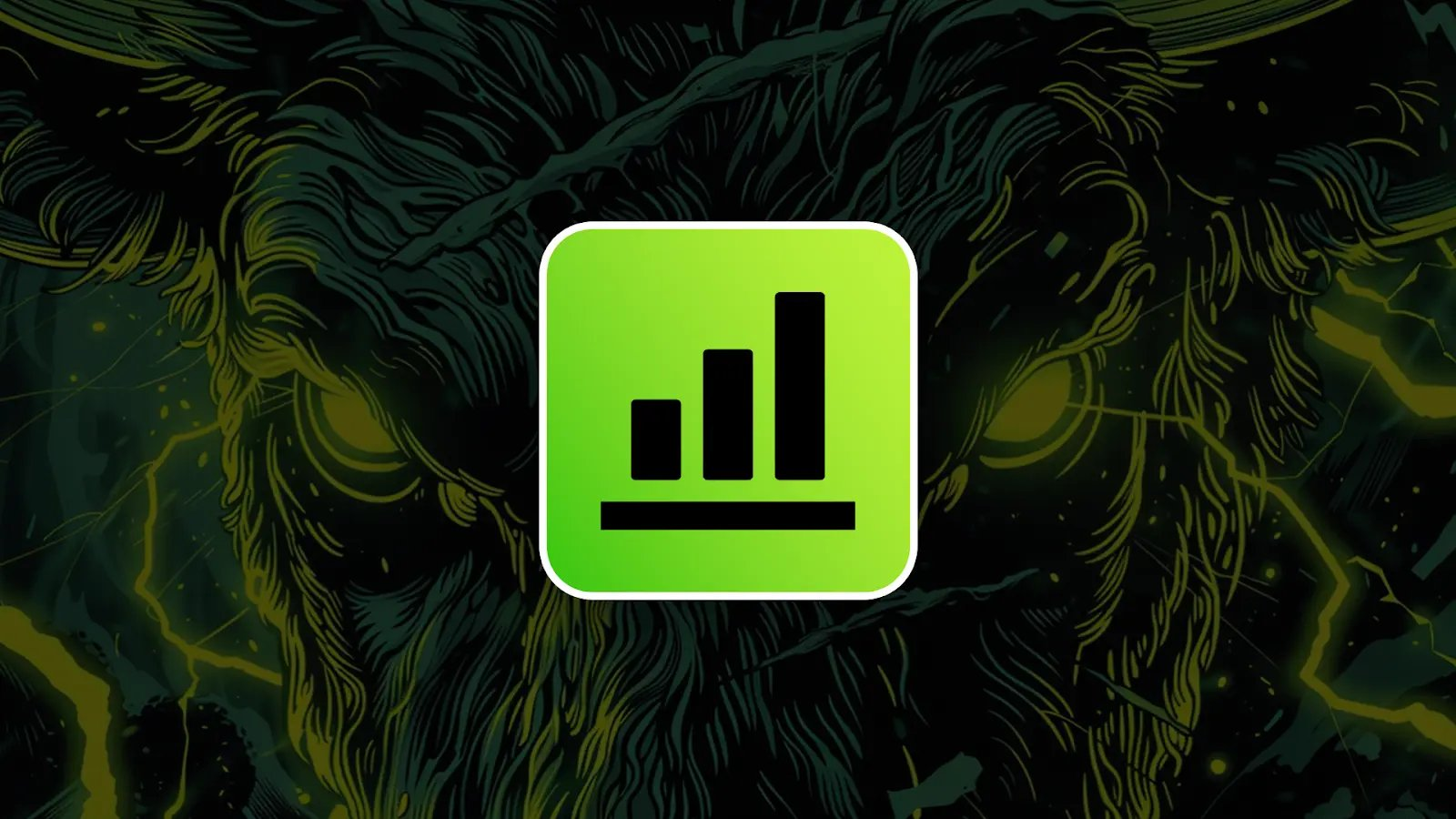
The Harmony project aims to solve security and scalability issues found in other blockchains with the power of sharding (creation of multiple groups of validators and allowing them to process transaction concurrently). The developing team claims in their Whitepaper that this blockchain is fully scalable, offers secure and consistent sharding, utilizes an efficient and fast consensus algorithm with an adaptive threshold.
Consensus Algorithm
The Harmony blockchain utilizes a Fast Byzantine Fault Tolerance (FBFT) consensus protocol as an improvement on Practical Byzantine Fault Tolerance (PBFT). In a PBFT consensus mechanism, a leading node is elected to broadcast a proposal of transactions to be added in the next block to all other nodes (called validators). The validating nodes broadcast their votes on the proposal to everyone on the network to ensure fair consensus. Harmony’s FBFT is an improvement on the latter as it is linearly scalable. Instead of validating nodes receiving multiple votes from each other, all validating nodes votes are broadcasted to the leader in a multi-signature fashion to avoid corruption. The leading node, in turn, broadcasts the final outcome to all validator nodes. This method reduces friction in the blockchain and consequently achieves lower block times and higher throughput. The network also leverages the power of the “RaptorQ” fountain code to speed up the broadcasting process.
Sharding
Sharding is a concept that was introduced to blockchains a few years ago in an attempt to increase scalability. There are many theoretical methods of sharding proposed in the space. The most recognized one is used by Zilliqa, transactions are assigned to different shards to process. However, all transactions on the blockchain must be kept in the records of all nodes.
The Harmony blockchain utilizes a Proof-of-Stake (PoS) based “state sharding” where each shard keeps a record of one section of the blockchain transactions. In this model, corruption from a node is probable over time. For that reason, Harmony uses a randomness algorithm that reshuffles nodes in the shards at a fixed time interval (called epoch) inspired by Omniledger. Randomness-based sharding is “unpredictable, unbiaseable, verifiable and scalable” according to the developing team.
The Distributed Randomness Generation (DRG) function is assigned to the “beacon” chain which is also a shard but carries out the mentioned function as well as the acceptance of stakes.
Staking
In order to become a validator on the network, one must stake a certain amount of tokens called “ONE” for the Harmony blockchain. The voting shares assigned to each participant depend on the number of tokens staked. The “token-voting shares” conversion rate is determined by an algorithm. Every voting share allows a participant to cast one vote on the network. At the start of a new epoch, the voting shares of new validators are randomly assigned to shards. Consensus is achieved in a shard, based on what the majority of the votes agreed on at the end of the voting process.
Image C/O Harmony
Get winning crypto tips in 5 minutes a day
Login or upgrade to Cryptonary Pro
Pro
Get everything you need to actively manage your portfolio and stay ahead. Ideal for investors seeking regular guidance and access to tools that help make informed decisions.
$799
For your security, all orders are processed on a secured server.
What’s included?
24/7 Access to Cryptonary's Research team who have over 50 years of combined experience
All of our top token picks for 2025
Our latest memecoins pick with 50X potential
On hand technical analysis on any token of your choice
Weekly livestreams & ask us anything with the team
Daily Market Updates that cover the real data that shape the market (Macro, Mechanics, On-chain)
Curated list of the most lucrative upcoming Airdrops (Free Money)
Our track record speaks for itself
With over 2.4M tokens and widespread misinformation in crypto, we cut
through the noise and consistently find winning assets.
Frequently Asked Questions
Do I get direct access to the Cryptonary team?
Yes. You will have 24/7 to the team that bought you BTC at $1,000, ETH at $70, and SOL at $10. Through our community chats, live Q&As, and member only channels, you can ask questions and interact directly with the team. Our team has over 50 years of combined experience which you can tap into every single day.
Can I trust Cryptonary's calls?
Yes. We've consistently identified winners across multiple cycles. Bitcoin under $1,000, Ethereum under $70, Solana under $10, WIF from $0.003 to $5, PopCat from $0.004 to $2, SPX blasting past $1.70, and our latest pick has already 200X'd since June 2025. Everything is timestamped and public record.
Do I need to be an experienced trader or investor to benefit?
No. When we founded Cryptonary in 2017 the market was new to everyone. We intentionally created content that was easy to understand and actionable. That foundational principle is the crux of Cryptonary. Taking complex ideas and opportunities and presenting them in a way a 10 year old could understand.
What makes Cryptonary different from free crypto content on YouTube or Twitter?
Signal vs noise. We filter out 99.9% of garbage projects, provide data backed analysis, and have a proven track record of finding winners. Not to mention since Cryptonary's inception in 2017 we have never taken investment, sponsorship or partnership. Compare this to pretty much everyone else, no track record, and a long list of partnerships that cloud judgements.
Why is there no trial or refund policy?
We share highly sensitive, time-critical research. Once it's out, it can't be "returned." That's why membership is annual only. Crypto success takes time and commitment. If someone is not willing to invest 12 months into their future, there is no place for them at Cryptonary.
How often is content updated?
Daily. We provide real-time updates, weekly reports, emergency alerts, and live Q&As when the markets move fast. In crypto, the market moves fast, in Cryptonary, we move faster.



















